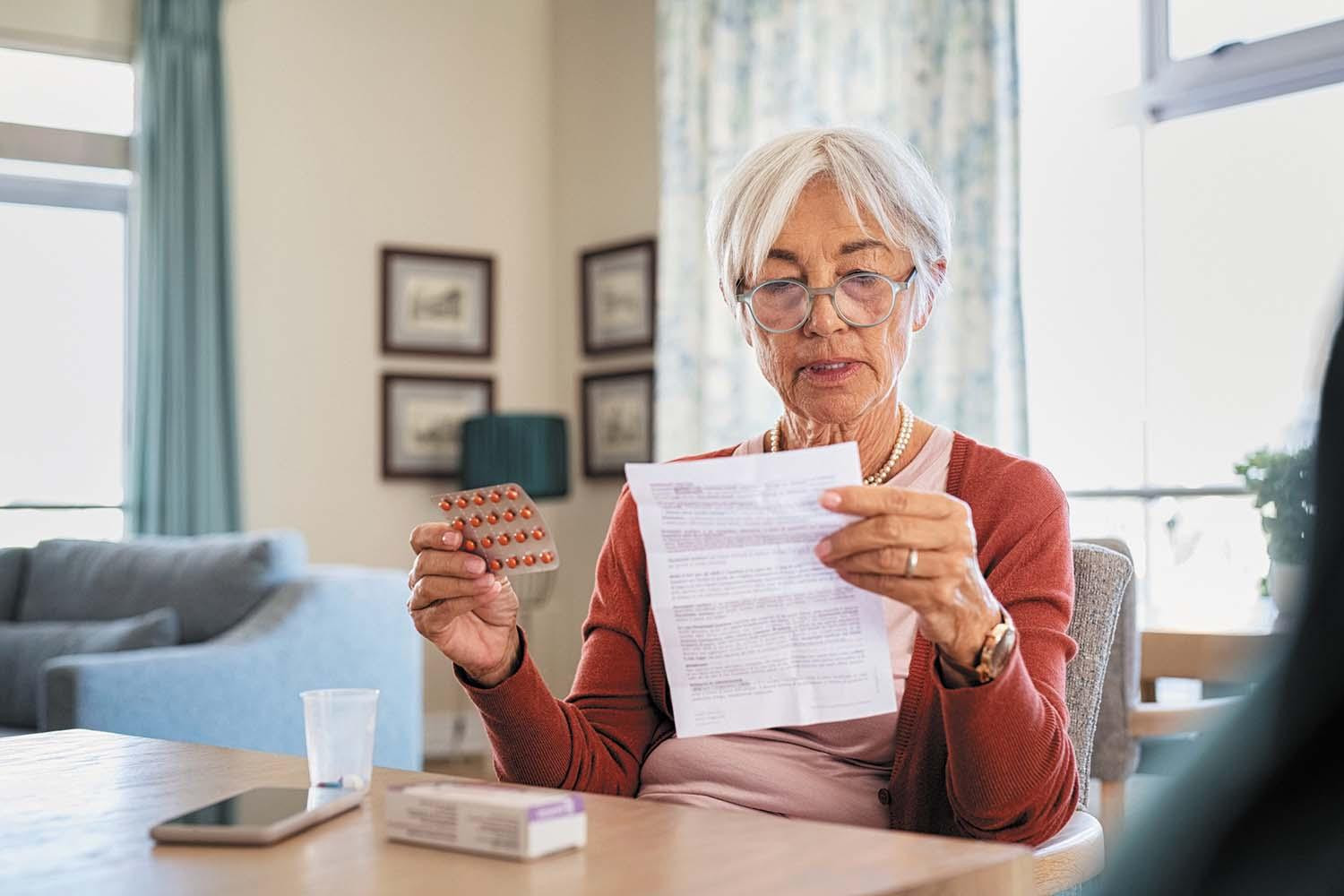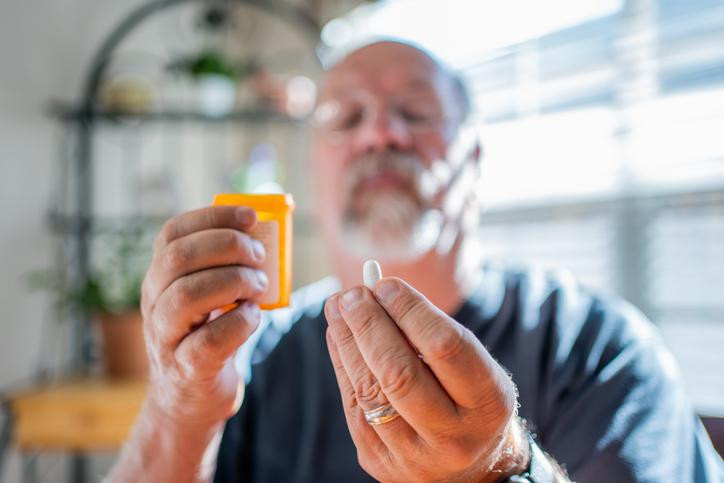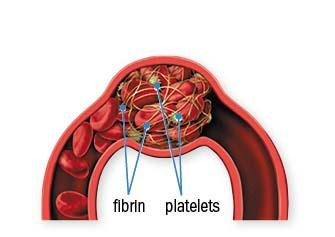
5 timeless habits for better health

What are the symptoms of prostate cancer?

Is your breakfast cereal healthy?

When pain signals an emergency: Symptoms you should never ignore

Does exercise give you energy?

Acupuncture for pain relief: How it works and what to expect

How to avoid jet lag: Tips for staying alert when you travel

Biofeedback therapy: How it works and how it can help relieve pain

Best vitamins and minerals for energy

Should you take probiotics with antibiotics?
Heart Medications Archive
Articles
How do I make sense of my medication orders?
Hospital discharge instructions about medications can be complicated and confusing. Having a family member or friend along as a second set of ears during the discharge meeting can be helpful.
New drug shows promise for stubbornly high blood pressure
A 2025 suggests that an experimental drug called lorundrostat may be an effective add-on therapy for high blood pressure that has not responded to medication. The drug works by reducing aldosterone, a hormone that helps regulate blood pressure.
What’s new in blood clot prevention?
If a blood clot lodges in an artery or vein, it can choke off blood flow to the heart, brain, or lung. Often called blood thinners, anti-clotting drugs play a big role in treating heart disease. But they can cause minor (and sometimes serious) bleeding, ranging from nosebleeds to bleeding inside the brain. New solutions to balance clot prevention and excess bleeding are in the works, including low-dose drug combinations and new medications.
Calcium score, coaching, and statins may slow plaque buildup
For people with a family history of early heart disease, getting a coronary artery calcium (CAC) scan plus intensive coaching and a statin may help limit the progression of the plaque in their arteries, according to a 2025 study.
Drug to slow aortic stenosis shows early promise
A 2025 study found that a new type of medication may safely slow the progression of aortic stenosis (narrowing of the aortic valve) and delay the need for valve replacement.
Take back your blood pressure control!
When blood pressure remains high despite treatment, making certain lifestyle changes can help. Examples include reducing dietary sodium and increasing dietary potassium, losing weight, limiting alcohol intake to no more than one drink per day, exercising (doing aerobics and strength training), using tools that improve medication adherence (such as an automatic pill dispenser, a medication diary, a smartphone alarm, or a reminder app), quitting smoking, getting more sleep, managing stress, and reducing caffeine intake.

5 timeless habits for better health

What are the symptoms of prostate cancer?

Is your breakfast cereal healthy?

When pain signals an emergency: Symptoms you should never ignore

Does exercise give you energy?

Acupuncture for pain relief: How it works and what to expect

How to avoid jet lag: Tips for staying alert when you travel

Biofeedback therapy: How it works and how it can help relieve pain

Best vitamins and minerals for energy

Should you take probiotics with antibiotics?
Free Healthbeat Signup
Get the latest in health news delivered to your inbox!
Sign Up







